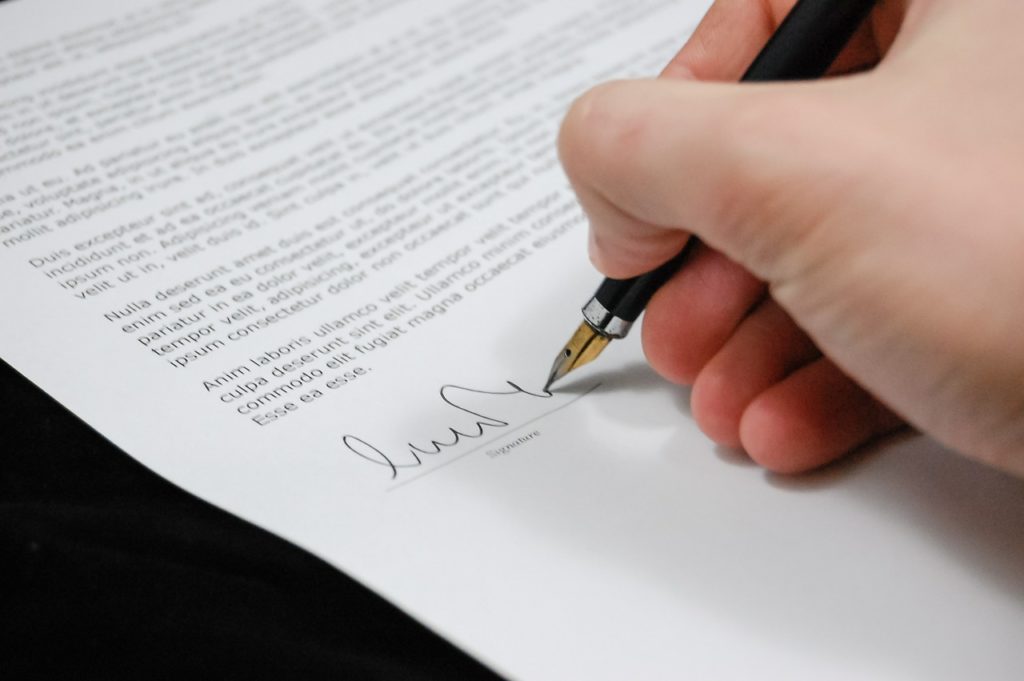Drafting Shareholder Agreements for Start-ups – Part 1
Drafting shareholder agreements for start-ups can be tricky. It is the job of the lawyer to ensure that enough protection is in the document while still being mindful of the client’s budget. In this series, I will briefly explore some of the questions and concerns that arise.
Who are you acting for?
When preparing a shareholders agreement, it is extremely important to determine who you are acting for. Who is your client? Is it the Corporation? Is it a particular shareholder? If it is the Corporation, your draft and comments should be as neutral as possible. After an agreed upon draft is prepared you should suggest that each shareholder obtain independent legal advice. Similarly, if you are acting on behalf of one shareholder and preparing the first draft, you should ensure that the other shareholder(s) receive independent legal advice. If the other shareholder(s) waive the opportunity to do so, you should obtain an acknowledgment that they understand that you were not acting on their behalf or in their best interest.
The Mythical “Simple” Shareholders Agreement
I am often asked to prepare a “very simple shareholders agreement”. I typically respond by saying that asking for a “simple” or “short” agreement is another way of asking for an agreement that assumes a certain level of risk. In other words, by keeping the agreement short, it will not cover certain areas. Some clients may be fine with accepting this risk.
The classic example is where you have family members who are shareholders to an owner-operated business. These family members assume they will never fight and just want a shareholders agreement to provide some guidance for specific areas they have agreed upon. Of course, as a lawyer, it’s always important to remind your clients that some relationships, no matter how tight, can be strained by business disputes.
Nevertheless, if your client insists on keeping it short, run through a checklist of possible clauses and inform the client of the repercussions of excluding these clauses.
Stay tuned for more information regarding drafting a shareholders agreement for a start-up company.



